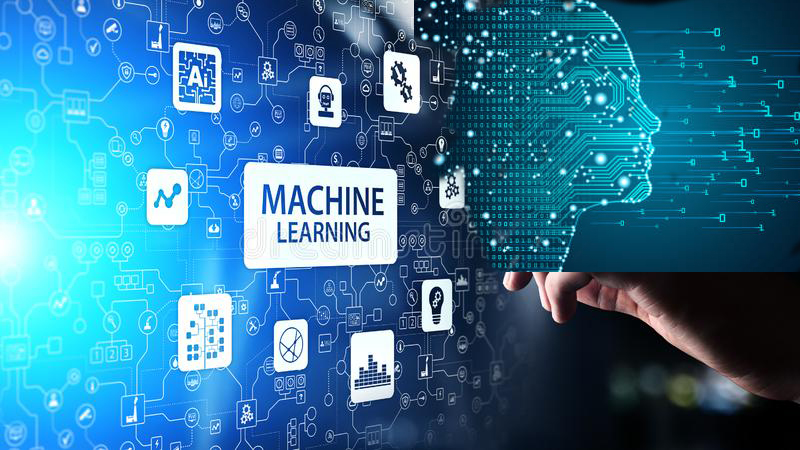In the past decade, artificial intelligence (AI) has moved from the fringes of science fiction to the center of business strategy. The global landscape has seen AI evolve from simple task automation to more sophisticated applications, promising to revolutionize industries across the board. With advancements accelerating rapidly, the future of AI in business is not just an interesting possibility; it is a certainty that will reshape how companies operate, grow, and compete.
AI’s Current Impact: A Glimpse of What’s to Come
AI’s impact is already visible in diverse industries, from retail to healthcare, manufacturing to finance. Retail giants like Amazon use AI to drive personalized shopping experiences, while healthcare companies leverage AI to improve diagnostics and patient care. AI algorithms power financial trading systems, automate risk analysis, and enhance customer service through chatbots and virtual assistants.
At its core, AI’s strength lies in its ability to process vast amounts of data, identify patterns, and make predictions at scales and speeds far beyond human capabilities. But this is just the beginning.
The Coming AI Revolution: From Automation to Augmentation
The next phase of AI in business will see a shift from automation to augmentation. Rather than simply replacing human labor, AI will increasingly be used to enhance human decision-making and creativity. In industries like law, AI will assist attorneys in analyzing complex legal documents, leaving them more time to focus on strategy. In marketing, AI tools will help creatives identify trends and craft more targeted campaigns.
A striking example of augmentation is in healthcare. AI is already showing promise in drug discovery by analyzing data to predict molecular behavior. In the future, doctors will likely rely on AI tools to assist in making real-time decisions during surgeries, while AI-driven simulations will offer personalized treatment plans based on a patient’s unique genetic makeup.
This future envisions a partnership between AI and humans, where AI enhances our capabilities rather than replaces them entirely.
AI and the Workforce: Redefining Jobs and Skills
A significant concern in the conversation about AI is the potential for job displacement. While it is true that AI will automate many routine tasks, it is also likely to create new roles. Just as the internet birthed new industries and jobs, AI will do the same. The key will be in reskilling the workforce to adapt to these new opportunities.
Companies will need workers with expertise in data science, machine learning, and AI implementation. Additionally, soft skills—like creativity, emotional intelligence, and leadership—will be in high demand as they become the differentiators in an AI-driven workplace.
Education systems will also need to evolve, emphasizing AI literacy and preparing future generations to work alongside these systems. Lifelong learning will become the norm as professionals continuously update their skillsets to keep pace with technological advancements.
Ethics and Regulation: Navigating the AI Frontier
As businesses increasingly rely on AI, questions around ethics, transparency, and regulation will take center stage. One of the most pressing concerns is algorithmic bias, where AI systems inadvertently reinforce existing societal biases. This can have serious consequences, particularly in areas like hiring, lending, and law enforcement.
For AI to be truly transformative, businesses must prioritize fairness, accountability, and transparency in AI development. Regulators, too, will play a key role in ensuring that AI technologies are used responsibly. In the coming years, we can expect to see new frameworks and standards emerge to guide the ethical use of AI in business.
Looking Forward: The AI-First Organization
In the near future, being an AI-enabled business will no longer be a competitive advantage—it will be a necessity. Companies that fail to integrate AI into their operations risk falling behind, while those that embrace it will be able to innovate faster, make more informed decisions, and deliver better customer experiences.
As AI technology continues to evolve, it will push businesses toward greater efficiency and personalization. The future is AI-first, and the most successful companies will be those that use AI not just to optimize their operations but to reimagine what’s possible.
Conclusion: Embracing the AI Future
The future of AI in business is bright, but it’s also complex. As AI becomes more integrated into our lives and work, it will challenge us to think differently about how we operate, how we compete, and how we define value.
For businesses, the path forward is clear: embrace AI or be left behind. The AI-driven future holds immense promise for those willing to innovate, collaborate, and lead in this brave new world. The organizations that successfully navigate this shift will not only thrive—they will set the standard for what comes next.


